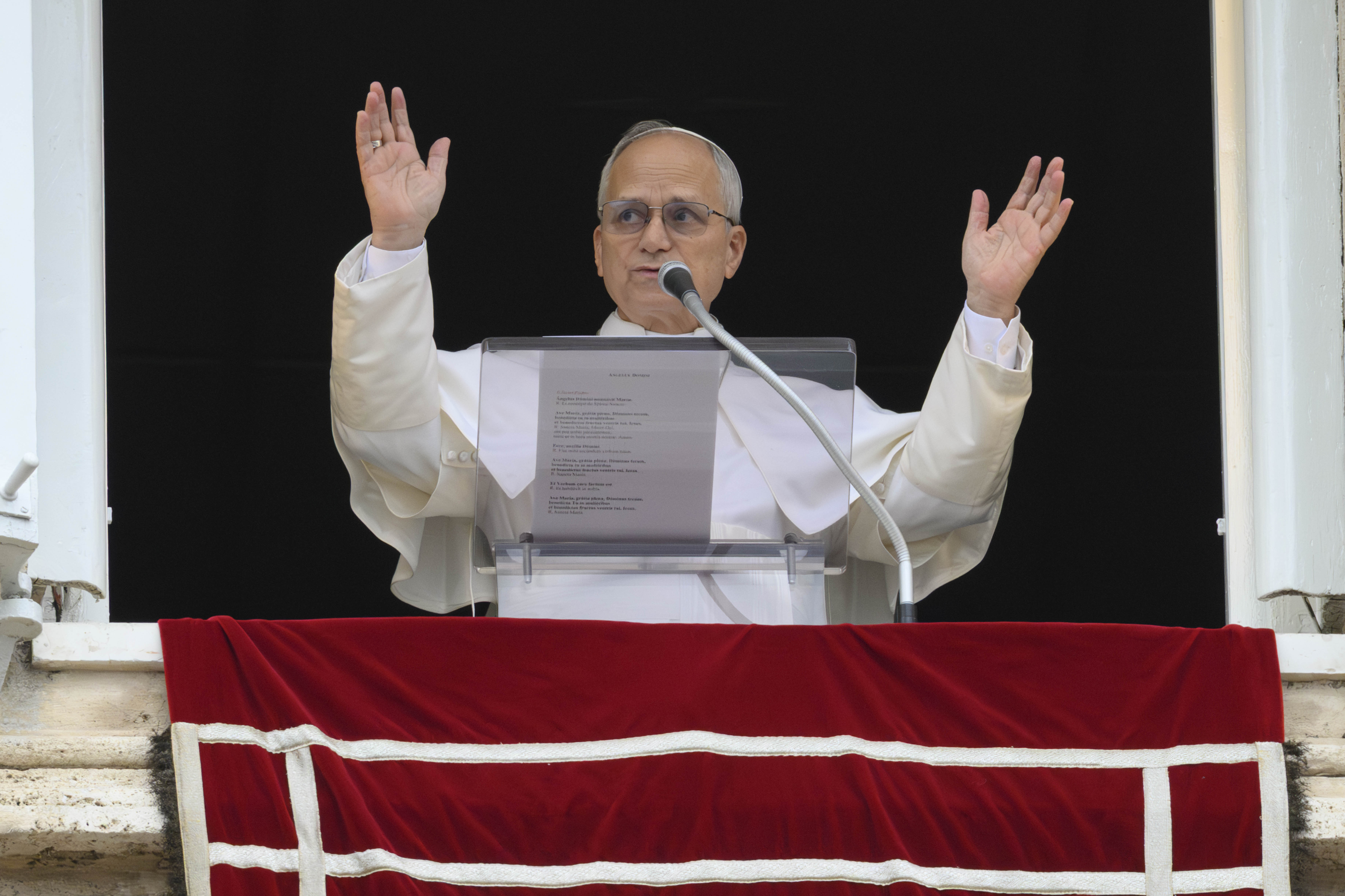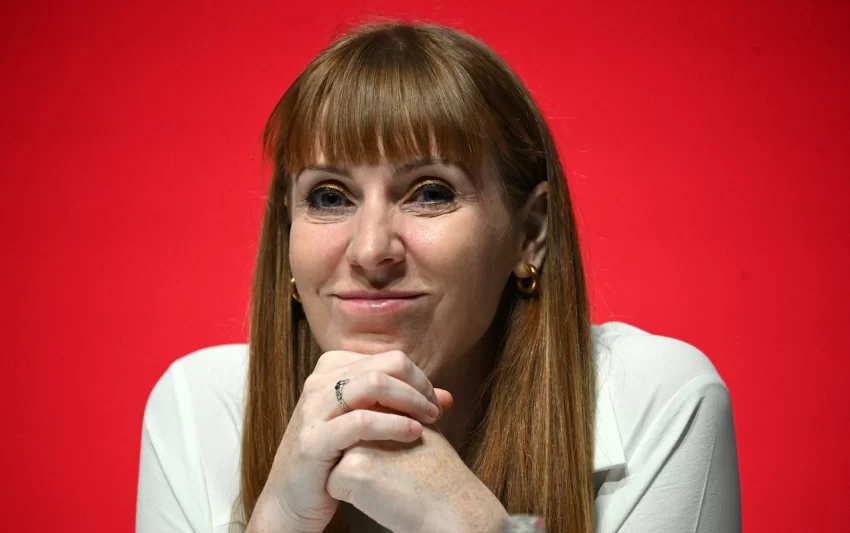Voters believe in a sovereign Europe more than elites
Joseph de Weck is a senior fellow with Institut Montaigne. Minna Ålander is an associate fellow at Chatham House.
The EU’s history has usually followed one script: Policy wonks draft visionary projects, journalists then report on the plans, businesses join in if they see profit, and a handful of politicians push the idea in Brussels. Eventually, capitals agree and leaders present the outcome to the public — who are often uninterested or left in the dark.
From the Coal and Steel Community established in 1951 to the single currency, this elite-led process has shaped Europe.
But this reliance on top-down momentum is now slowing progress. From the 2000s onward, nationalist parties across the continent have often rallied against an “undemocratic Brussels.” Fearing backlash, mainstream politicians have shied away from “more Europe.” And in the past, voters have, indeed, sometimes outright rejected deeper integration, as in the 2005 referendums in France and the Netherlands that killed the European Constitution.
But today, while elites hesitate, it is voters who are demanding more Europe — at least when it comes to defense.
Polling is consistent: A vast majority of European are in favor of a defense union. Since 2011, support for common defense has soared in Sweden and Ireland (+27 points), Finland (+24 points) and Denmark (+17 points). In 2022, 67 percent of Danes even voted to abandon their long-standing opt-out from EU defense — one of the cornerstones of Danish Euroskepticism.
With Russia’s full-scale invasion of Ukraine, as well as U.S. President Donald Trump’s return to the White House, public opinion is shifting. According to a Eurobarometer survey from this spring, 81 percent of Europeans back a common defense and security policy, with only 15 percent opposing it.
It’s also noteworthy that defense and security policy is one of the few areas where the Eurobarometer recorded continued support for further integration: It has never dipped below 71 percent in two decades.
Digging even deeper, a recent survey conducted by Le Grand Continent in nine European countries found that majorities believed the EU should be able to mount a defense independent of the U.S. In Germany, 69 percent said they would prefer a European army over national defense (13 percent) and NATO (12 percent). And even in Poland, which is often skeptical of EU defense, more respondents favored a European solution (37 percent) over NATO (29 percent) or a national solution (24 percent).
However, polling from the European Council on Foreign Relations also suggests many Europeans doubt the bloc’s capacity to act sufficiently quickly. Citizens support higher military spending, conscription, independent deterrents and defending Ukraine — even without U.S. backing. But they also question whether their leaders can deliver.
Societal resolve requires trust that goes both ways: If political leaders have an overly pessimistic outlook of the future and don’t trust that their citizens will meaningfully contribute, they’ll have a harder time inspiring trust in their ability to lead.
Europe’s population is ahead of its politicians here — and it’s not only the polls that show it.
For one, Sweden and Finland joining NATO is a clear demonstration of this. After Russian President Vladimir Putin’s full-scale war on Ukraine began in 2022, the leaders of both countries still hesitated, bound by old narratives. But public opinion flipped in favor of joining NATO within a matter of days.

Then, after Trump’s reelection, Swedes and Finns pivoted again. By 2025, majorities in Finland and Sweden no longer trusted Washington to defend the continent if it were attacked — long before their governments acknowledged the reality. Instead, the political leadership in Stockholm and Helsinki had a hard time finding the right words to admit that the U.S. wasn’t a partner they could trust.
The truth is, when it comes to EU integration, most centrist politicians are still driven by fear of the far right. They don’t seem to have fully grasped that the game has changed — for everyone. Putin and Trump’s imperialism have unmasked populist discourses on nationalist sovereignty and defense as a fantasy. The far left’s claim that dialogue could secure peace with Moscow has similarly been discredited. And it has also become obvious to voters that the center’s lukewarm Europeanism hasn’t delivered on the promise of a strong union that can defend its economy or regulatory sovereignty, from climate to tech.
Strong political leadership is now essential. All the more so because industry pressure — another traditional driver of integration — is lacking. In past EU endeavors, businesses were often the ones pushing hardest for integration, eyeing a larger market and fewer barriers. But defense is different. In this field, national champions dominate, and a single European defense market would expose them to competition.
For voters, however, health care, education and pensions matter more than protecting national defense industries at public expense. If rearmament is to enjoy sustained support, it must be cost-effective and deliver real results. Therefore, politicians must impose Europeanization on industry, creating efficiencies that serve member countries rather than entrenched interests. And if ambitious enough, the EU’s European Defence Industry Programme (EDIP) can deliver the right initiatives here.
Who would have thought that defense — which lies at the core of national sovereignty — might be the integration catalyst for bottom-up change? But with 74 percent positive approval, public support for the EU is at a record high right now.
So, when will politicians start capitalizing on it?




















:quality(85):upscale()/2023/09/18/918/n/1922398/a1136b676508baddc752f5.20098216_.jpg)
:quality(85):upscale()/2025/10/09/670/n/1922283/00b944c868e7cf4f7b79b3.95741067_.jpg)
:quality(85):upscale()/2025/10/15/765/n/1922398/29c37a6e68efd84bb02f35.49541188_.jpg)
:quality(85):upscale()/2025/09/09/891/n/1922283/7222624268c08ccba1c9a3.01436482_.png)
















